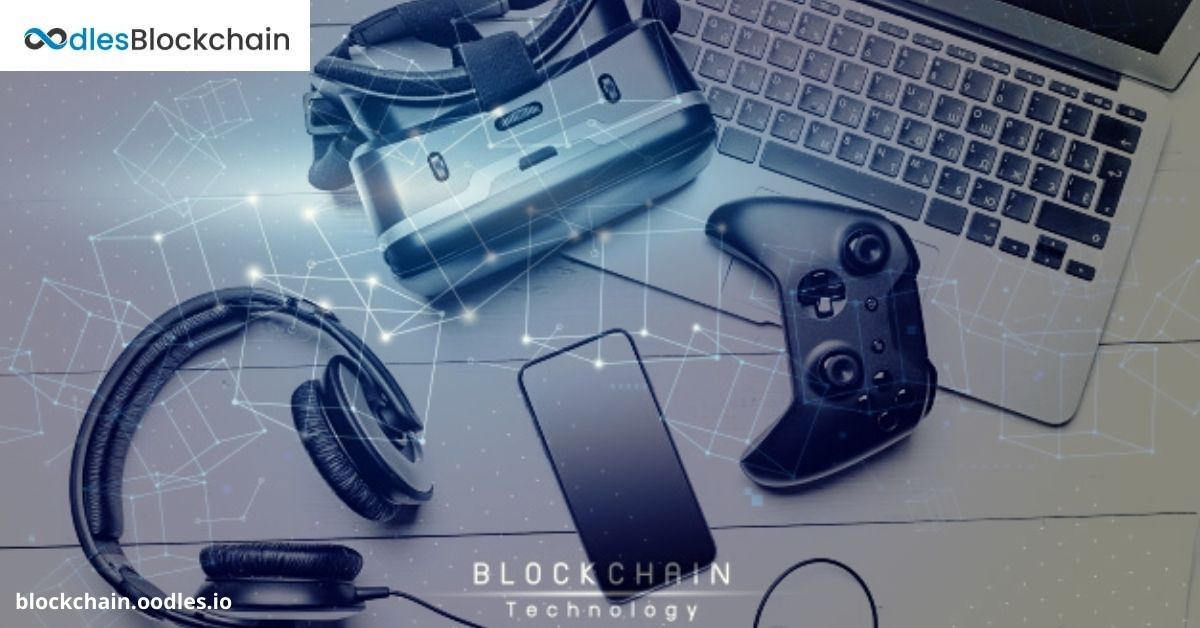-
The gaming industry has undergone a remarkable transformation over the past few decades, evolving from simple pixelated graphics to immersive virtual worlds that rival reality. With the rise of online gaming and digital distribution platforms, developers and players alike are constantly seeking innovative solutions to enhance security, ownership, and transparency within gaming ecosystems. Enter blockchain gaming development, a decentralized ledger system that offers a myriad of possibilities for revolutionizing the gaming experience. In this article, we will explore the intersection of blockchain technology and the gaming industry, examining how it can address existing challenges, empower players, and redefine the future of gaming.
Challenges in the Gaming Industry
Despite the allure of blockchain technology, the gaming industry grapples with several challenges inherent in centralized models. Centralized servers, which store critical game data and player information, are vulnerable to various risks such as technical failures, security breaches, and arbitrary account bans. This lack of transparency and control undermines player ownership and fosters an environment ripe for exploitation.
Issues of Ownership and Interoperability
Players invest considerable time and resources in acquiring valuable in-game assets, yet these assets remain tethered to specific games and platforms, limiting their transferability and value. Additionally, the fragmentation of gaming servers across regions poses logistical challenges and hampers the seamless gaming experience. Also, Read | Saudi Arabia is Ready to Embrace Web3 and Gaming
Blockchain Solutions for Gaming
Blockchain technology offers a paradigm shift in addressing these longstanding issues within the gaming industry. By leveraging decentralized networks and smart contracts, blockchain enables secure, transparent, and immutable transactions, empowering players with true ownership of their digital assets.
Empowering Players with Ownership
Smart contracts facilitate the transfer of in-game assets directly to players' public addresses, ensuring unequivocal ownership and protection against unauthorized tampering. This newfound autonomy not only enhances player trust but also stimulates innovation in gameplay mechanics and virtual economies.
Unlocking New Gaming Services
Blockchain's integration of smart contracts opens doors to innovative gaming services and monetization models, fostering the creation of rare digital collectibles and unique gaming experiences. The interoperability afforded by blockchain facilitates cross-platform transactions, enabling players to seamlessly transfer assets between different games and ecosystems.
Facilitating Collaboration and Innovation
Blockchain technology fosters a closer relationship between players and developers, enabling collaborative decision-making and co-creation of gaming experiences. By democratizing access to development tools and resources, blockchain empowers developers to explore new avenues for creativity and community engagement. You may also like | Redefining The Gaming Industry with Play-to-Own Model
Netflix's Exploration of Gaming Opportunities
In the ever-evolving landscape of the entertainment industry, Netflix stands as a pioneering force, continually seeking new avenues to engage audiences. Amidst the rise of formidable competitors in the streaming space, Netflix has set its sights on an unexpected contender: the gaming industry. With the meteoric success of games like Fortnite, boasting over 200 million players, Netflix finds itself intrigued by the gaming landscape and its growth potential.
Ubisoft Ventures into Blockchain Technology
Ubisoft, renowned for blockbuster franchises like Assassin's Creed, has also ventured into uncharted territory by embracing blockchain technology. Recognizing the disruptive potential of blockchain in gaming, Ubisoft has opened its doors to blockchain entrepreneurs through its incubator program, aiming to harness this technology for innovative gaming experiences. Also, Read | Gaming NFT Marketplace: A Comprehensive Analysis
Conclusion
In conclusion, blockchain technology holds immense promise for revolutionizing the gaming industry, offering solutions to longstanding challenges, and unlocking new opportunities for innovation and collaboration. As pioneers like Netflix and Ubisoft embrace blockchain, the future of gaming promises to be decentralized, transparent, and infinitely immersive. Considering developing a web3-based gaming platform? Connect with our skilled blockchain game developers to get started.

Our Offices
INDIA
Emaar Digital Greens, Sector 61,
Gurugram, Haryana
122011.
Welldone Tech Park,
Sector 48, Sohna road,
Gurugram, Haryana
122018.














